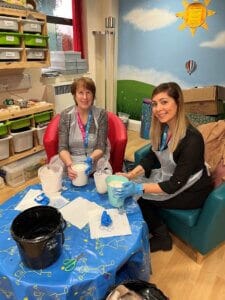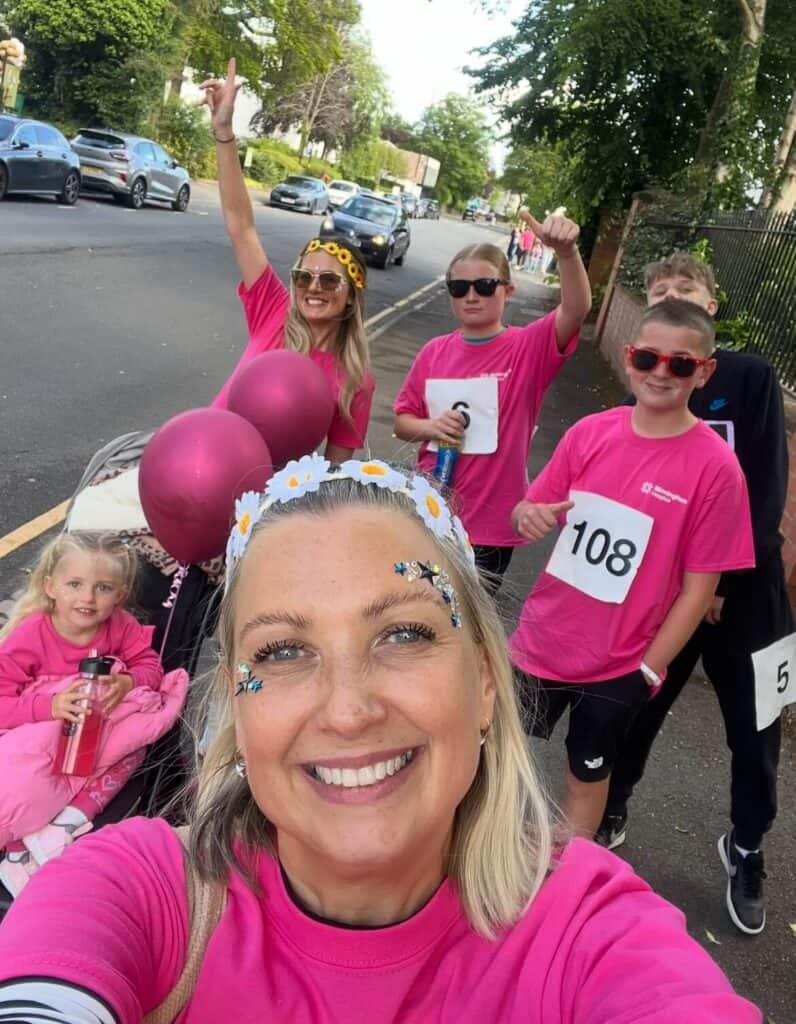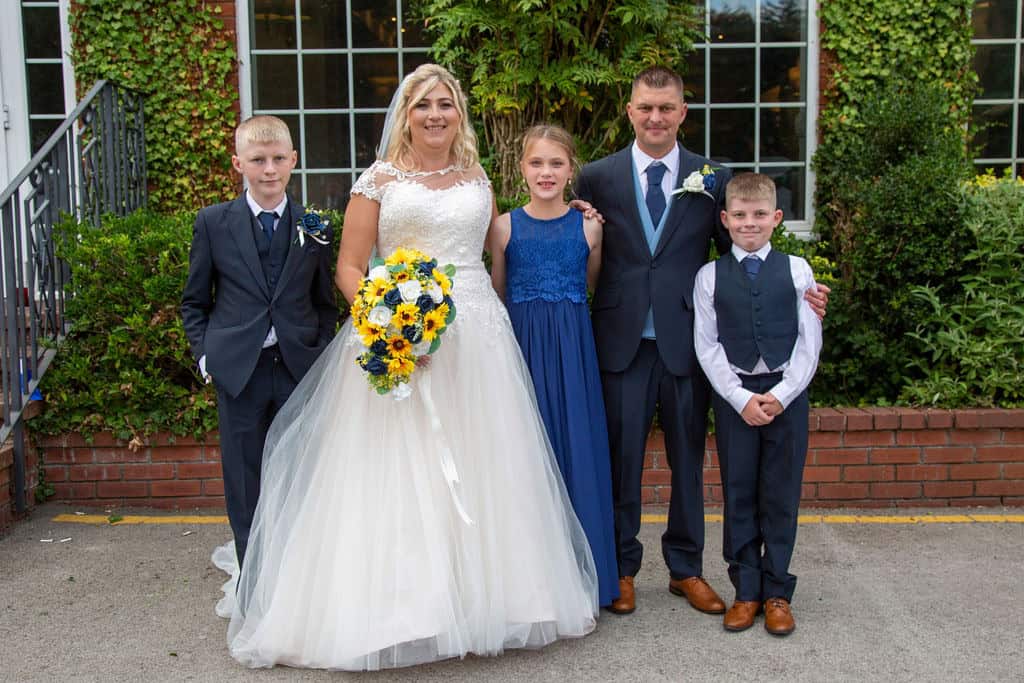As part of Dying Matters Awareness Week our team from CHATS (Children’s Healing and Therapeutic Support) would like to share some advice for parents when talking to children and young people about death and dying.
The CHATS Team said: “When a loved one dies or is terminally unwell, naturally things change.

“These changes may be physical such as changes in daily routine for hospital visits or taking time off work. Emotionally, there may be mood changes and adults may not feel their usual happy selves.
“Children notice these changes, even at a very young age. They may not be able to understand how those changes make them feel, so they may not be able to explain it to an adult.
“Instead, feelings such as confusion, guilt, anger or rejection can grow. As there may not be any behaviour changes for an adult to notice, it is important that adults talk to children openly and honestly. This will help their understanding of what is happening and relieve any strong negative emotions that could lead to low self-esteem.
“Adults do not need to wait until a loved one is dying to talk about death with their child. Dying is a natural process in life and learning about this process when young can help children manage their emotions when they do experience bereavement. Using examples in the environment can be a great way to start educating children about death—leaves falling, flower petals wilting, when a pet dies or a dead animal is seen on the road.
“Giving or making something with your child to remember a loved one is a nice way to open up conversations about death. Memory boxes, hand prints and journals are great tools to help children recall precious memories and feel comforted.”




